Agroecology, an essential solution for combating malnutrition
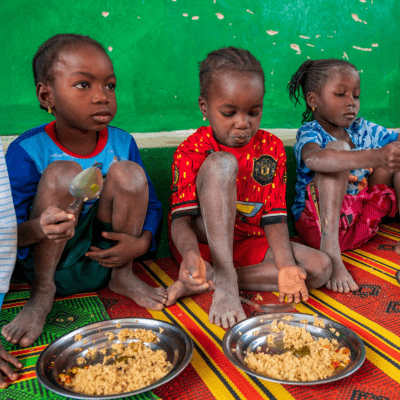
At the Nutrition For Growth Summit in Paris on March 27 and 28, AVSF is defending agroecology as a concrete, realistic solution. In 2023, approximately 733 million people worldwide suffered from hunger, representing 9.1% of the global population, equivalent to 1 in 11 people. More than 36 million children under the age of 5 suffer […]
Annual Report 2023
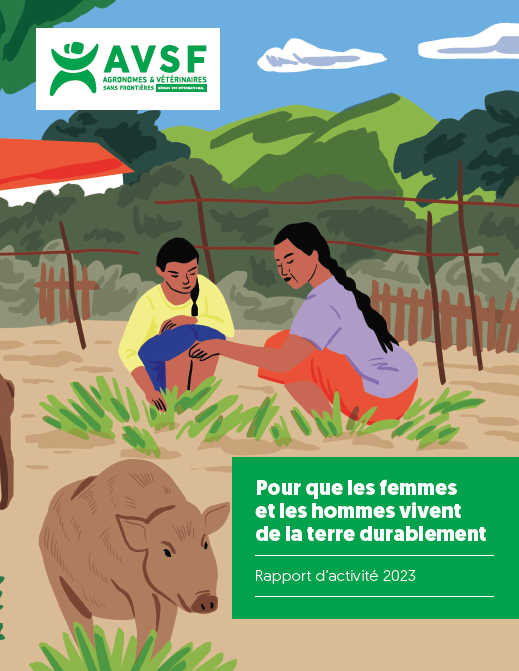
The activity report is the most comprehensive document for everything you need to know about AVSF’s missions and the 2023 balance sheet.
Organic Certification Preparation Manual
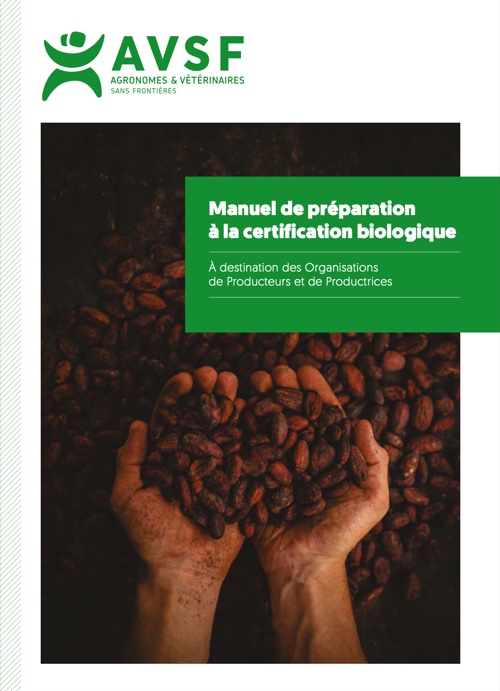
This guide is specifically intended for Producer Organisations (POs) located incountries outside the European Union (EU), as well as for AVSF’s technical teamsworking with them. Its objective is to describe the different stages of organic certification, and tohighlight the difficulties that can be encountered, in order to anticipate and planas well as possible this process […]
Faced with the climate crisis, boosting productive capacity
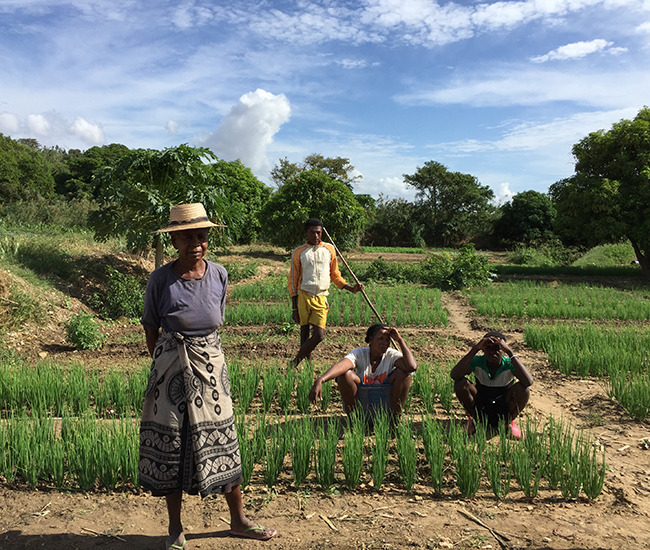
Scaling up and diversifying agricultural production to reduce malnutrition in southern Laos
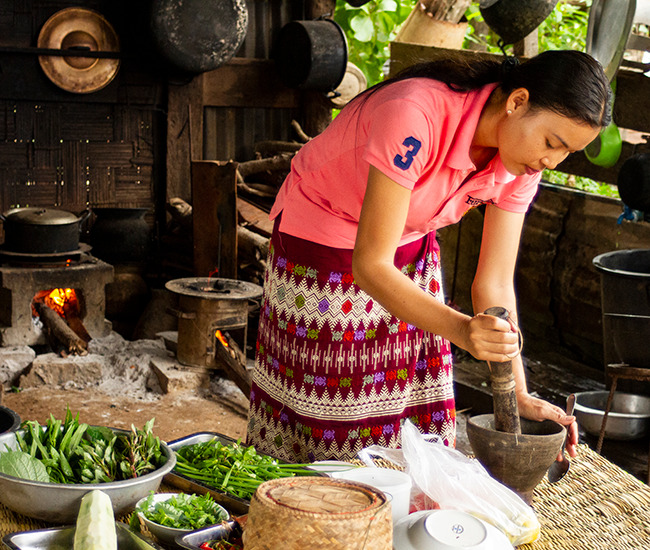
In southern Laos, one of society’s biggest challenges is the problem of malnutrition, which affects a large proportion of the population, especially children. According to the WHO, 44% of children under the age of five are stunted, 27% are underweight and 6% suffer from wasting (marasmus). These rates, among the highest in the Western Pacific […]
Innovative agricultural and agroforestry techniques for coffee
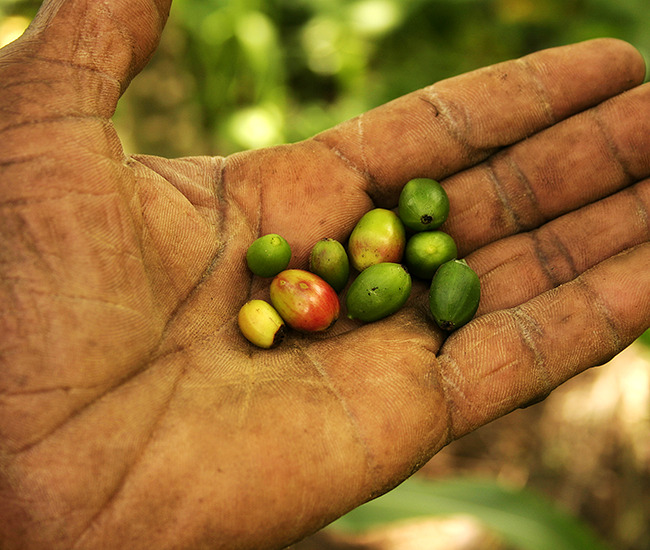
Covered with 3/4 of mountains and constituted of soils of limestone types and recent alluvium, Haiti has favorable spaces for coffee culture. Nevertheless, the coffee sector has been in gradual decline for more than 20 years. Most families in coffee-growing areas are in a precarious economic situation and face high insecurity regarding access to food. […]
Innovative agricultural and agroforestry techniques for cocoa
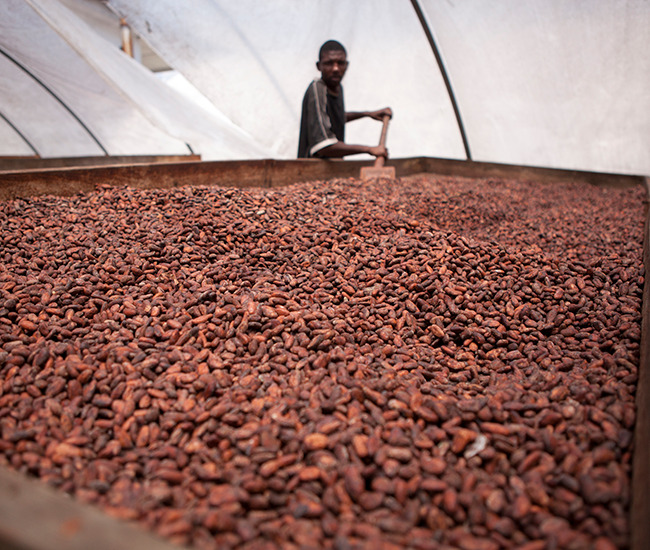
In Haiti, cocoa production involves between 20,000 and 30,000 families of small producers. Cocoa accounts for 60% of a cocoa farmer’s total income. Cocoa is generally cultivated in multi-species agroforestry systems in association with food crops, timber and fruit trees forming several strata. These agroforestry systems organized around cocoa also play a key role in […]
Sustainable production of vetiver and cocoa
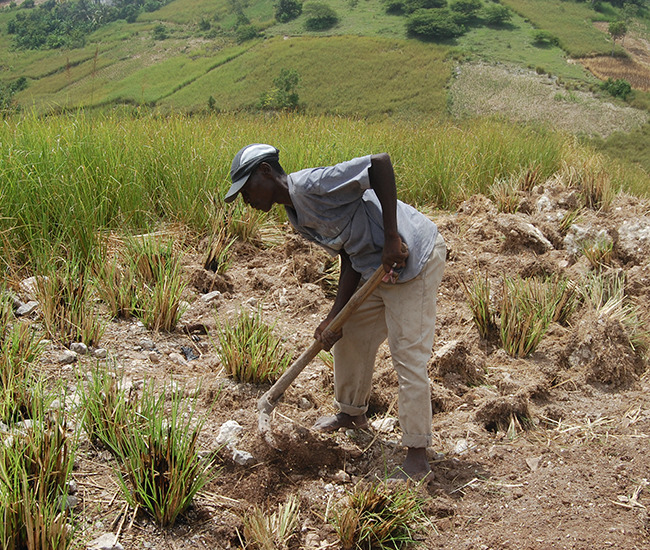
Coffee and cocoa gardens
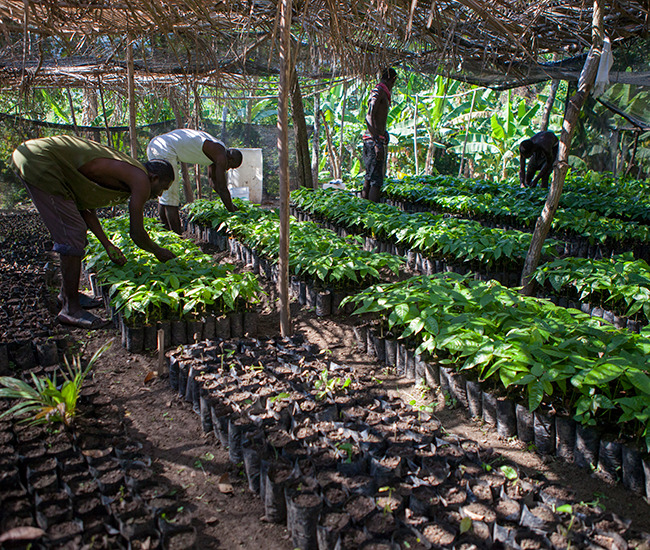
The Southern Department of Haiti is characterized by an important biodiversity, a rugged and fragmented landscape. Agriculture is the main activity and allows several thousand families to live. The agroforestry sector represents a major asset, both from an economic and environmental point of view: the “Creole garden”, combining shade wood, fruit, coffee, cocoa, tubers and […]
Inclusive Agricultural Governance
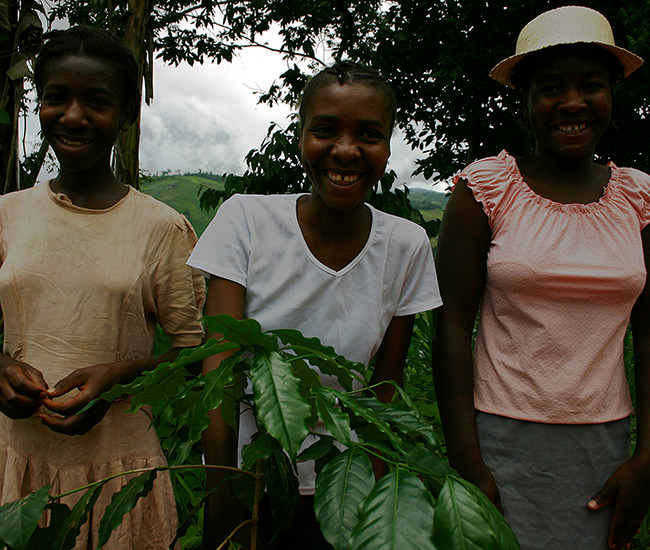
In Haiti, 80% of agricultural production is based on peasant family farming, which plays a fundamental economic and social role for a large part of the population. This family farming is however strongly marginalized in the agrarian policy of the country, mainly dictated by the economic interests of some actors of an industrial type agriculture. […]
Independent observatory for forest-friendly cocoa
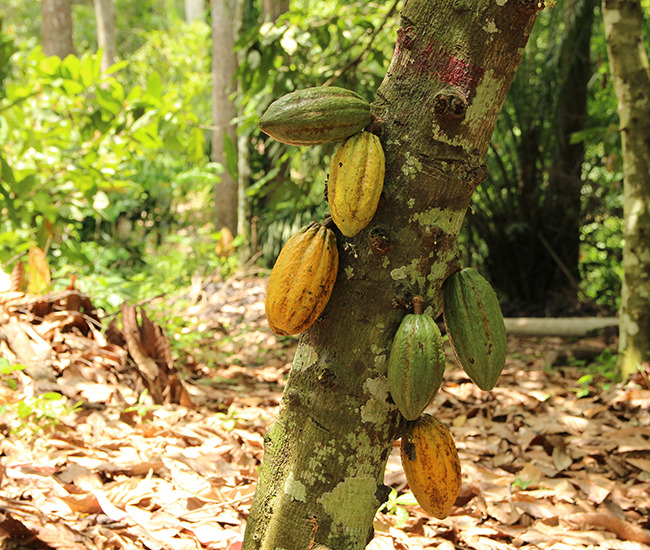
In response to the ageing of the cocoa orchard and the disappearance of forest cover in Côte d’Ivoire, the “forest-friendly cocoa” (CAF) pilot project aims to promote sustainable cocoa farming that reconciles the preservation of natural and forest resources with improved living conditions for cocoa producers. Following a call for tenders for the selection of […]
Agroecology and economic development in the Bijagos Islands
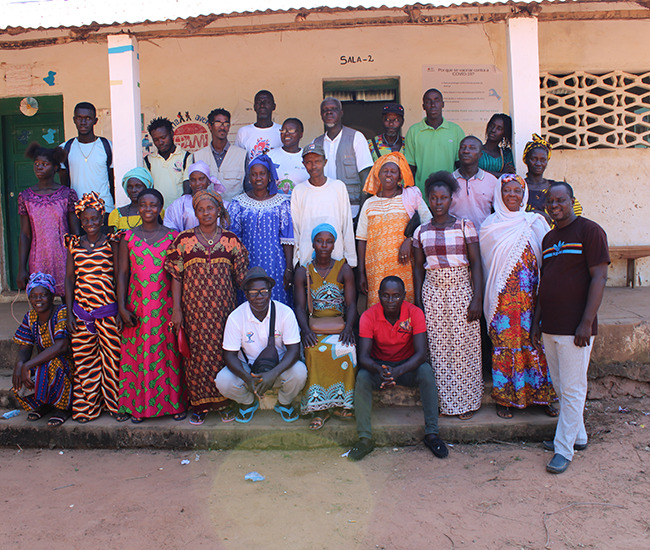
Context The 6 islands of the Bolama-Bijagós region are landlocked: the islands furthest from the mainland are around 100 km from the coast, and although there is a maritime transport network between the capital and the 2 main islands, most of the islands have little or no service. These islands are economically very vulnerable, with […]





